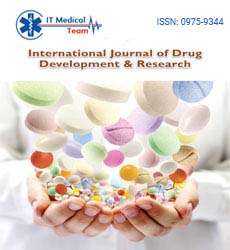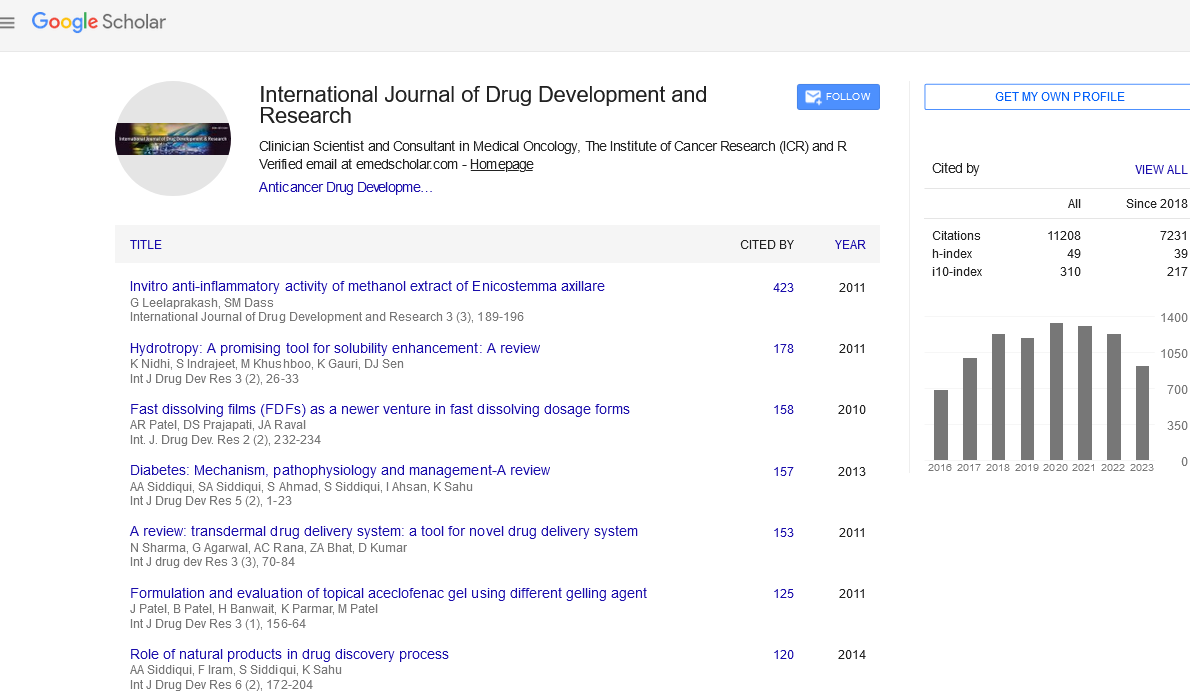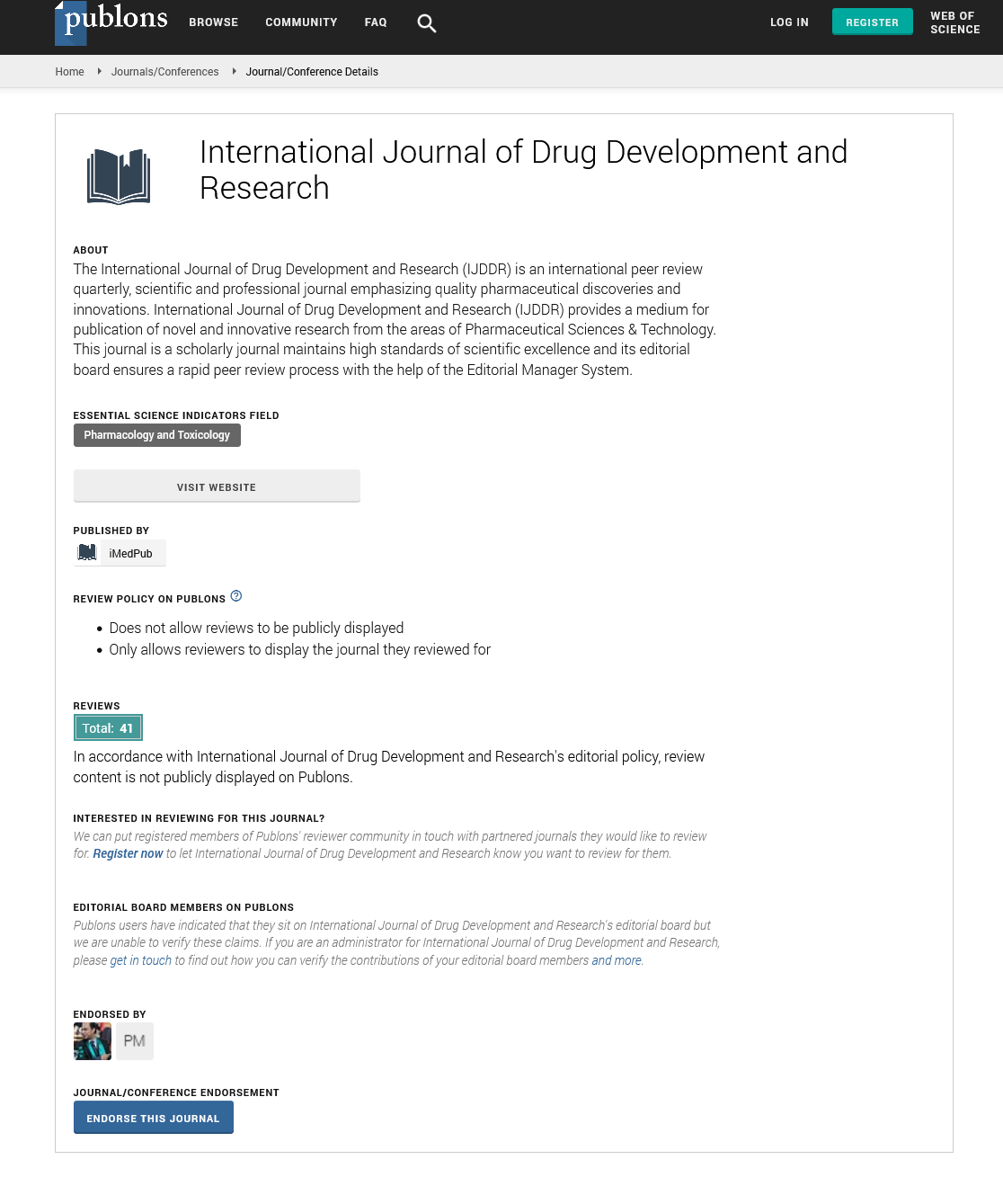Background
|
| The recent partnership between INTERPOL and a number of the world’s largest pharmaceutical companies brings the seemingly ubiquitous issue of fake and counterfeit medicines to the table again. [1] Fake and counterfeit drugs are defined by the World Health Organisation (WHO) as medicines deliberately or fraudulently mislabelled with respect to identity or source. This can apply to both branded and generic products, and examples include products with wrong ingredients, no active ingredients and incorrect quantities of active ingredients.[2] In addition to the obvious risk this issue poses to patients and consumers, faking and counterfeiting also constitute other problems for public health and healthcare systems. For instance, lack of confidence in regulatory systems and drug manufacturers and loss of revenue for governments and the pharmaceutical industry. These can influence health systems’ growth as well as discourage the relevant investment necessary for the development of new drugs. [3] |
| When these issues are considered together with an estimate of up to 50% prevalence in some African and Asian countries, [4] it becomes rather clear how serious faking and counterfeiting is. To resolve this problem, the WHO initiated the International Medical Products Anti-Counterfeiting Taskforce (IMPACT) to strengthen national legislation and develop good practice guidelines.[5] There are however, concerns regarding how much impact the taskforce has made in combating faking and counterfeiting.[6] This article describes activities routinely undertaken in the Department of Pharmaceutical Services of the Nigerian National Assembly (NASS) to ensure the safety and quality of medicines. The NASS approach can contribute to the development of a more robust policy in the fight against faking and counterfeiting. |
| The Nigerian Context |
| In Nigeria also, the issue of fake and counterfeit medicines has long been identified as a significant public health challenge.[7] This, in conjunction with other problems within the Nigerian healthcare system means that access to safe and good quality healthcare is inadequate.[8] Although the introduction of democracy has indicated change in some areas of governance, challenges remain in the provision of healthcare. For instance, according to the WHO, life expectancy at birth is still very low at 53/54 years (male/female), and other health indices such as maternal mortality ratio (800 per 100,000 live births) and infant mortality rate (103 per 1000 live births) are equally poor.[9] Healthcare services in Nigeria are operated by public and private sector establishments. Although theoretically, the healthcare services provided by various operators and administrators should be integrated in the delivery of health services throughout the country, this is not always so. |
| The National Assembly (NASS) Approach |
| The NASS Department of Pharmaceutical Services complements the NASS clinic which is an example of a secondary level public healthcare establishment. The NASS clinic and the Department of Pharmaceutical Services cater for healthcare needs of Nigerian legislators and staff of NASS. The department also supports health policy legislation and undertakes original research aimed at improving the quality and efficiency of services for legislators and staff of NASS |
| To enable the provision of safe and high quality pharmaceuticals and devices, the Department runs a Compounding and Quality Assurance Unit. A key task for this unit is to verify the quality of medicines and other healthcare products. Although the Unit is coordinated on a rotational basis by senior pharmacists, all other officers in the department contribute to the activities of this key Unit. The underpinning departmental policy objective for this decision is to further develop the capacity of pharmaceutical officers in this area. Also enhancement of their quality assurance knowledge would improve efficiency in resources utilised in this area. |
| The quality control activities at the Department can be broadly divided into two categories – simple procedures and advanced tests. Following supply of medicines to the Pharmacy Distribution Centre (PDC) and prior to issuance to the various Pharmaceutical Care Centres and Dispensaries, random samples are collected from the new stock. These samples are then subjected to simple procedures such as visual inspection, disintegration tests, pH tests, viscosity tests and colour reaction tests. The results from this stage determine which samples will be selected to undergo further analysis, for instance, thin layer chromatography. Periodically, samples are randomly selected to undergo advanced testing despite the fact that no indication was given at the first stage. This usually is applicable when there is an introduction of a new supplier or moiety to the PDC. Medications compounded in the Department are also expected to pass through some basic quality assurance measures. |
| Learning Pointsq |
| Given the potential impact of establishing in-house quality assurance units on the quality of medication dispensed, there is little evidence of this practice in Nigeria. One possible reason may be lack of funding and capacity. Nigerian public healthcare establishments are by funded by a combination of government revenue and user fees. Expenditure of these funds at management level is primarily earmarked for recurrent spending (for instance staff salaries) and capital projects (for instance purchase of equipment). So far, there is little evidence that healthcare establishments commit significant resources to purchasing quality assurance equipment or providing relevant staff training. |
| The business of quality assurance seems to have been largely relegated to dedicated agencies, universities and research establishments. Clearly, in developing countries like Nigeria, these institutions lack the capacity to undertake their mandated activities as well as micromanage quality assurance in the thousands of healthcare establishments where drugs are routinely purchased and dispensed. These establishments where drugs are prescribed and dispensed are however staffed by healthcare professionals with the relevant skills, knowledge, experience and capacity to undertake simple quality assurance procedures. These resources can be harnessed in the fight to combat faking and counterfeiting. |
| We believe that our quality assurance protocol at NASS presents another alternative in the faking and counterfeiting debate .This ground-level approach can be the basis for collaborative efforts with the potential to develop capacity and strengthen healthcare systems. Furthermore, a robust strategy that incorporates top-down and bottom-up approaches will help ensure that the considerable resources committed to research and development in the pharmaceutical industry will result in the development of high quality and effective medicines. This opportunity needs to be considered carefully by the WHO and other relevant stakeholders. |






